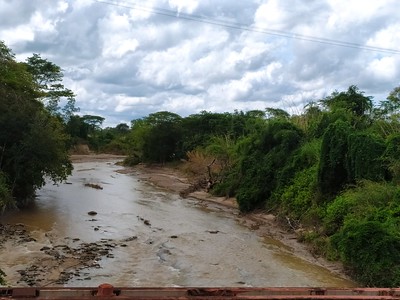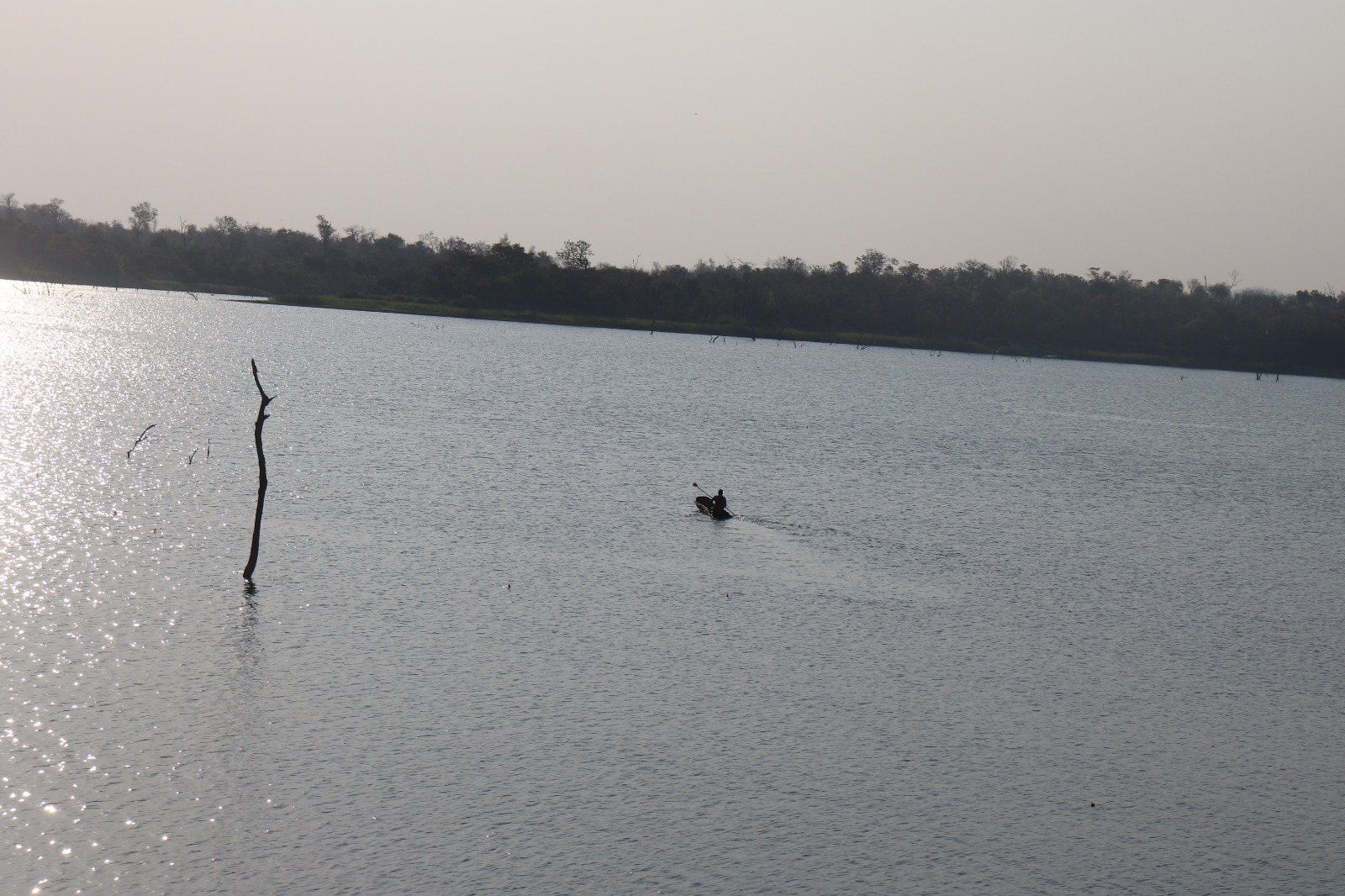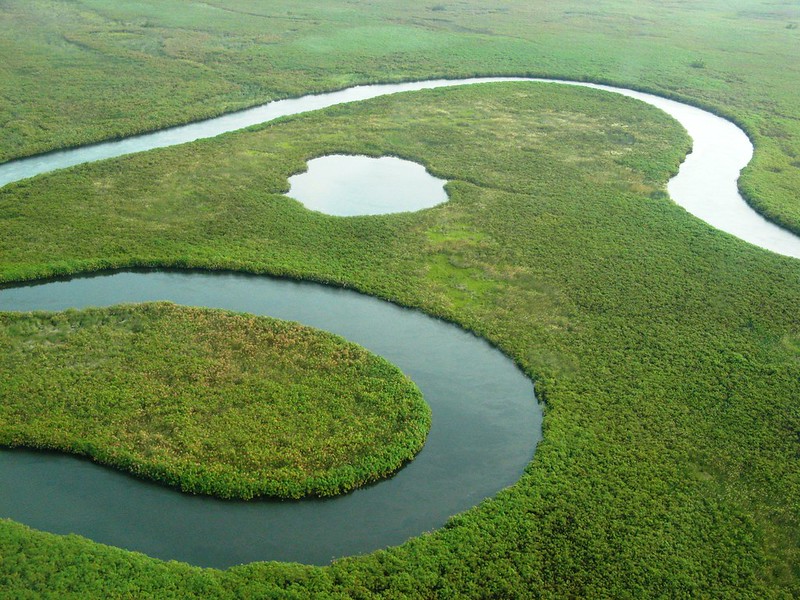Enhancing Water Governance in the Ruvuma River Basin
The Ruvuma River Basin is a vital water source for communities, agriculture, and industries in Malawi, Tanzania and Mozambique. Learn how Southern African Development Community (SADC) Member States, in collaboration with IUCN through BRIDGE 5, are strengthening water cooperation in the region.
Imagine a river basin spanning 155,000 square kilometres, home to diverse wildlife and ecosystems, providing a lifeline to Mozambique, Tanzania, and Malawi. The Ruvuma River Basin is a vital water source for communities, agriculture, and industries in the region.
Despite its benefits, the basin has faced challenges such as inadequate management plans, climate extremes, limited information and stakeholder involvement, and insufficient investment and development strategies which have promoted the adoption of the SADC Revised Protocol on Shared Watercourses (2000). The Revised Protocol uses a framework within which water cooperation is embedded on. Relying on this framework, the Ruvuma Basin took steps to establish the Joint Water Commission to improve water cooperation via the joint water agreements, with support from the Southern African Development Community (SADC) Secretariat.
The Ruvuma Shared Watercourses Support Project was launched in 2009 with the support of the African Development Fund, However, this Joint Water Commission only benefited the Tanzanian and Mozambican states. As such, there are efforts currently to include Malawi, the third riparian state after Malawi expressed interest to actively participate in efforts to govern the transboundary basin with Mozambique and Tanzania; starting with the drafting of the MoU which will be finalised later this year.
Water cooperation in the region finds its footing in the SADC Protocol and based on this several interventions have been deployed in some basins in the region; and in the case of Ruvuma, FDB developed a Basin Monograph in 2013. Building on these initiatives, the BRIDGE program—BRIDGE 5—aims to enhance inclusive and rights-based approaches to water governance by utilising several of its diplomacy tools to pluck governance gaps within the basin through the development of new water-sharing agreements, basin strategies and a sustainability plan. BRIDGE utilises the IUCN Natural Resources Governance Framework, which has proven successful in similar contexts.
 The Ruvuma River Basin is a vital water source for communities, agriculture, and industries.
Photo: IUCN ESARO
The Ruvuma River Basin is a vital water source for communities, agriculture, and industries.
Photo: IUCN ESARO
Furthermore, leveraging past experiences BRIDGE seek to promote sustainable environmental management approaches including Nature-based Solutions (NbS) and Ecosystem-based adaptation (EbA) within the Ruvuma Basin.
To achieve these goals, the riparian states are working on establishing a Permanent Secretariat and Technical Committee to manage, coordinate, communicate, and monitor the Ruvuma Basin's activities. The Joint Ruvuma IWRM Strategy, the establishment of the Permanent Secretariat, and resource mobilization for critical initiatives including irrigation systems and hydropower development are top priorities.
IUCN in collaboration with WaterNet are developing the Ruvuma Basin Stakeholder Engagement Strategy, informed by comprehensive Stakeholder Mapping activities in the riparian states. The strategy will outline stakeholders such as domestic uses, subsistence farmers, small-scale farmers, and businesses, and outline existing monitoring and reporting on the basin's state and water uses. IUCN will also launch a multi-purpose website, co-developed with riparian countries, which will serve as a vital communication platform, providing knowledge and information.
Ultimately, the riparian states' initiative on the Ruvuma River Basin aims to establish integrated water resources management, develop physical infrastructure, support regional integration, and alleviate poverty. This approach promises a brighter future for the people and nature relying on the Ruvuma River Basin's life-sustaining waters.



